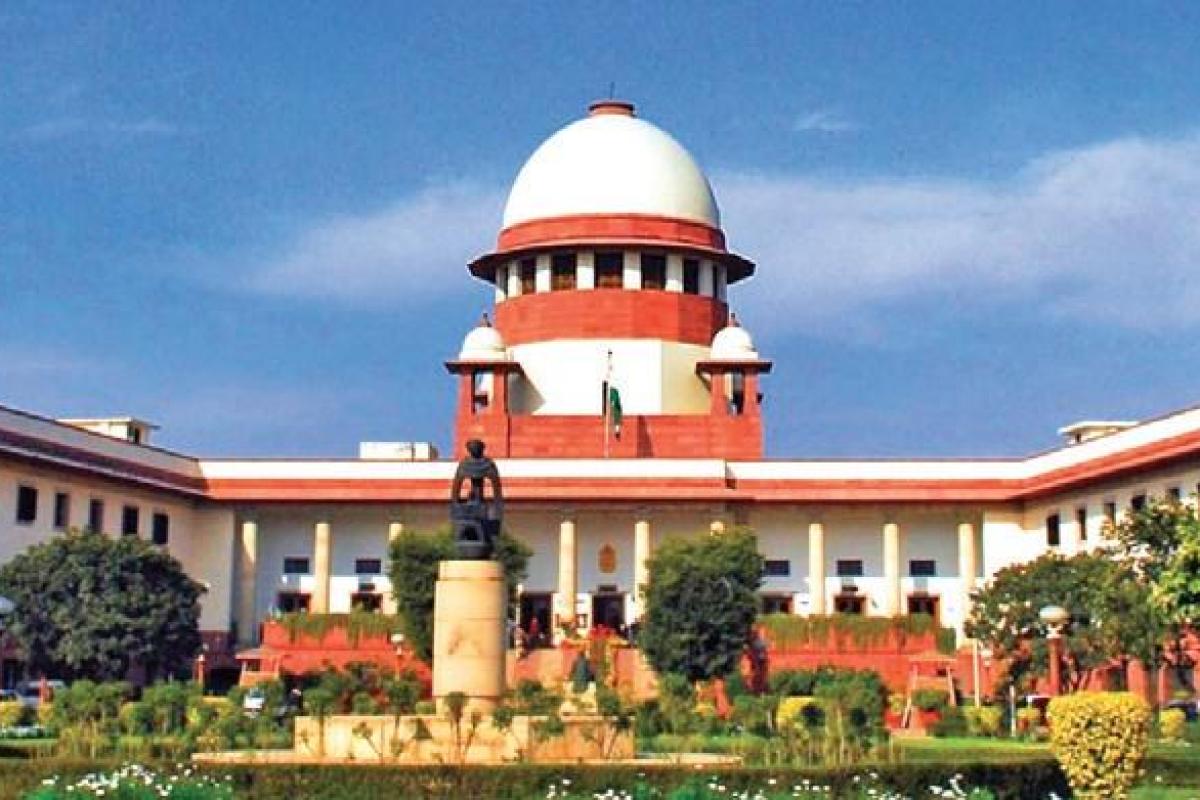While hearing a contempt petition, the Apex Court held that contempt action can only be proceeded with when the act or omission of the alleged party has been of contumacious conduct and has wilfully obeyed the orders/judgment of the Court. This judgment was passed in the case of Abhishek Kumar Singh vs. G. Pattanaik & Ors. [Contempt Petition (Civil) Nos. 625626/2019] by a Double Bench consisting of Hon’ble Justice A.M. Khanwilkar and Hon’ble Justice B.R. Gavai.
As per the facts of this case, the Supreme Court had directed the Uttar Pradesh Jal Nigam to comply with the judgment of the High Court of Allahabad and pass a fresh, reasoned order. In pursuance of the same, the chief engineer reengaged the petitioners and other appointees to their previous place of posting. According to the contempt petitioners, the order was drafted in spite and therefore willful disobedience of the court’s decision. Based on the liberty given by this court. The respondents annulled the appointment of petitioners and assistant engineers. As per the respondents, the decision was arrived at based on the report from IIT Allahabad and Kanpur and the report of SIT which suggested the cancellation of appointments due to corruption involved. The grievance of the petitioners in the present petition is that the respondents appointed them afresh instead of reinstatement due to which there has been no continuity of service and arrears of wages. Further, the respondents annulled their appointment without giving the petitioner’s an opportunity of hearing.
The petitioners argued that as per the court’s order it was necessary to issue a formal order of reinstatement along with continuity of service and arrears of pay for the relevant period and no other interpretation was possible. The respondent on the other hand argues that the courts had not ordered for payment of arrears anywhere in the judgment. Having heard all the parties and their grievances the supreme court observed that the two issues in hand are whether the order passed by the respondents is in spite of the judgment passed by the High Court regarding reinstatement and if the same order is willful disobedience of the judgment of the court.
The supreme court observed that the termination order was claimed to be violated the principles of natural justice and fundamental right under the constitution and the same can be brought before the supreme court under article 32 of the constitution of India. The supreme court observed that the directions were limited to the extent that permit was for petitioners to work on the posts of assistant engineer civil, mechanical, computer science and electronics and communication and pay salary to them as and when it becomes payable. Further, there was nothing in the order which directed the reinstatement with continuity of services and back wages. Therefore it was open to the respondents to reengage the petitioners on the same posts from the date of order and to pay them, regular salary month by month. Therefore it was not willful disobedience of the court’s judgment.
Further, the contempt action ought to proceed only when wilful disobedience has been established. When exercising contempt jurisdiction, the primary concern must be whether the act of the party is said to be contumacious conduct. It is not open to the court to delve into the correctness or make addition or deletion of any direction which is supposed to be done only in review jurisdictions and not contempt proceedings. The supreme court concluded that the act of respondents was not contumacious. The court concluded that since the respondents have done their research and inquiry before passing the termination order and were not able to segregate between tainted and untainted individuals they didn’t willfully disobey the judgment of the High Court.
The supreme court concluded by holding, “There shall be no order as to costs. All pending interlocutory applications stand disposed of in terms of this judgment.”


